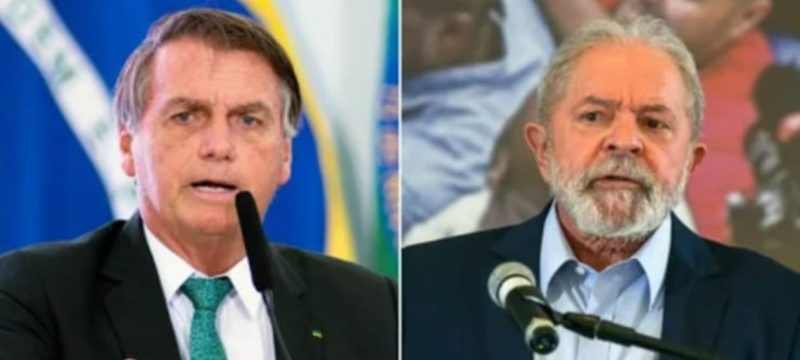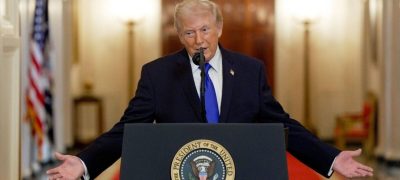Brazil’s President Luiz Inácio Lula da Silva has strongly responded to criticism from former U.S. President Donald Trump. The exchange comes after Jair Bolsonaro, Brazil’s former president, was sentenced to more than 27 years in prison for plotting a coup. Lula defended the trial and rejected Trump’s remarks while also pushing back against recent trade threats.
Lula said the court ruling against Bolsonaro was independent and respected the rule of law. He explained that the Brazilian justice system had followed due process and that Bolsonaro’s conviction was based on serious evidence. Lula added that no political leader, no matter how powerful, is above the law. His comments were aimed at countering Trump’s claim that the trial was unfair and politically motivated.
Trump recently voiced support for Bolsonaro and criticized Brazil’s legal system. He suggested that Bolsonaro’s imprisonment was an attempt to silence opposition voices. Lula rejected this view, insisting that democracy in Brazil depends on accountability and respect for institutions. He said defending democratic order was more important than personal loyalty to any leader.
The trial against Bolsonaro has gained global attention, especially because of his close ties to Trump during his presidency. The two leaders were often compared for their populist style and their questioning of democratic norms. Many observers note that Trump’s criticism of the case reflects his political alignment with Bolsonaro. Lula, however, stressed that Brazil’s sovereignty and judicial independence should not be questioned by foreign leaders.
The tension between Lula and Trump also spilled into trade issues. Trump suggested that the U.S. could consider tariffs on Brazilian goods if Brazil continues close cooperation with China and Russia. Lula rejected those threats and reminded Washington that Brazil has the right to choose its trade partners freely. He added that Brazil will continue to work with all nations that respect fair trade principles.
Brazil has been strengthening economic ties with China, which is its largest trading partner. It has also maintained relations with Russia, particularly in energy and agriculture. These partnerships have at times clashed with U.S. interests. Lula argued that Brazil cannot be pressured into limiting its global ties. He said that trade should serve Brazil’s development and not foreign political demands.
The dispute comes at a sensitive time for Brazil’s economy. Farmers and exporters worry about possible U.S. tariffs on Brazilian products like soybeans, beef, and steel. The U.S. remains an important buyer of Brazilian exports. A trade conflict could hurt sectors that are key to Brazil’s growth. Lula acknowledged these concerns but insisted that Brazil would not compromise its sovereignty to avoid pressure.
Supporters of Bolsonaro have also reacted strongly to the trial. They argue that the conviction was politically driven and aimed at blocking Bolsonaro from returning to power. Some have organized protests against the ruling. However, Brazil’s judiciary and international observers say the trial was fair and necessary to protect democracy after Bolsonaro’s alleged attempt to undermine institutions.
The ruling against Bolsonaro is historic. It is one of the harshest sentences handed down to a former Brazilian president. The case has divided public opinion, with some celebrating the verdict as justice served, while others see it as deepening political polarization.
For Lula, defending the trial is part of his broader effort to present Brazil as a stable democracy. He has emphasized that his government wants to strengthen ties with global partners based on mutual respect. At the same time, he has made clear that Brazil will not accept interference in its judicial or political processes.
The clash with Trump highlights the wider challenges Lula faces in balancing international relations. Brazil seeks cooperation with the U.S. on trade, climate change, and regional security. But disagreements over Bolsonaro’s trial and tariffs show how fragile the relationship can be. Analysts say Lula will need to manage these tensions carefully to protect Brazil’s interests.
As the situation develops, both Brazilian and international observers will be watching closely. The outcome could shape Brazil’s role on the global stage and its future ties with the United States. For now, Lula’s message remains firm: Brazil’s democracy must be respected, its judicial system is legitimate, and its trade choices will remain sovereign.
For more on global media rights and the full findings, read the latest news on :Emmy night: The Pitt & The Studio score big







